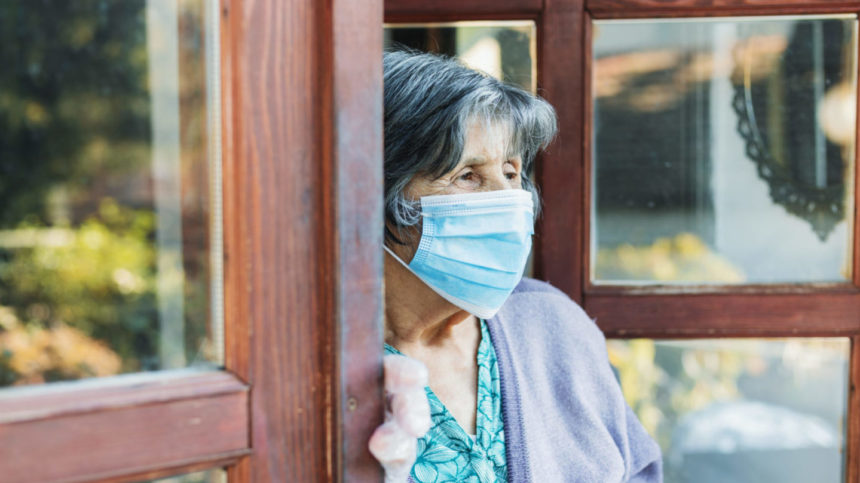
People are lonelier earlier and later in life, but less lonely in the middle of their lives, according to a new report evaluating nine studies.
The report, which was published Tuesday in Psychological Science, noted that social isolation, sex, education and physical impairment were risk factors for increased loneliness. The authors said they hope doctors will soon screen for loneliness at medical visits.
“What was striking was how consistent the uptick in loneliness is in older adulthood,” corresponding author Eileen Graham, PhD, an associate professor of medical social sciences at Northwestern University Feinberg School of Medicine, said in a statement. “There’s a wealth of evidence that loneliness is related to poorer health, so we wanted to better understand who is lonely and why people are becoming lonelier as they age out of midlife so we can hopefully start finding ways to mitigate it.”
Studies in the report came from the United States, UK, Germany, Sweden, the Netherlands, Australia, Israel and more.
“Our study is unique because it harnessed the power of all these datasets to answer the same question — ‘How does loneliness change across the lifespan, and what factors contribute to becoming more or less lonely over time?’,” she said.
The study didn’t examine why middle-aged adults weren’t as lonely. One reason could be because most people in that age group have a lot of demands in life that force them to be more social, such as raising children or working.
“You can have a lot of social interaction and still be lonely or, alternatively, be relatively isolated and not feel lonely,” Graham said.
As for younger adulthood being a lonelier time, Graham and the study’s co-author said the study data start right at the end of adolescence, when young adults are often navigating several important life transitions (e.g., education, careers, friend groups, relationship partners and families).
“As people age and develop through young adulthood into midlife, they start to set down roots and become established, solidifying adult friend groups, social networks and life partners,” added Tomiko Yoneda, PhD, an assistant professor of psychology at University of California, Davis. “We do have evidence that married people tend to be less lonely, so for older adults who are not married, finding ongoing points of meaningful social contact will likely help mitigate the risk of persistent loneliness.”



